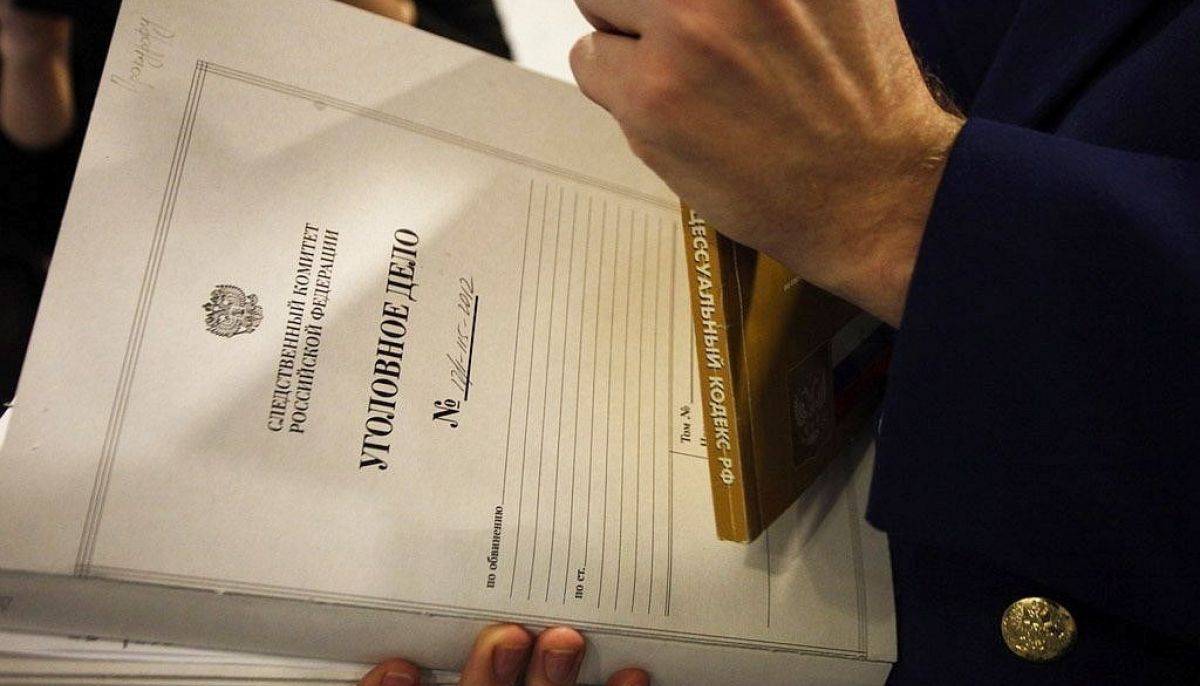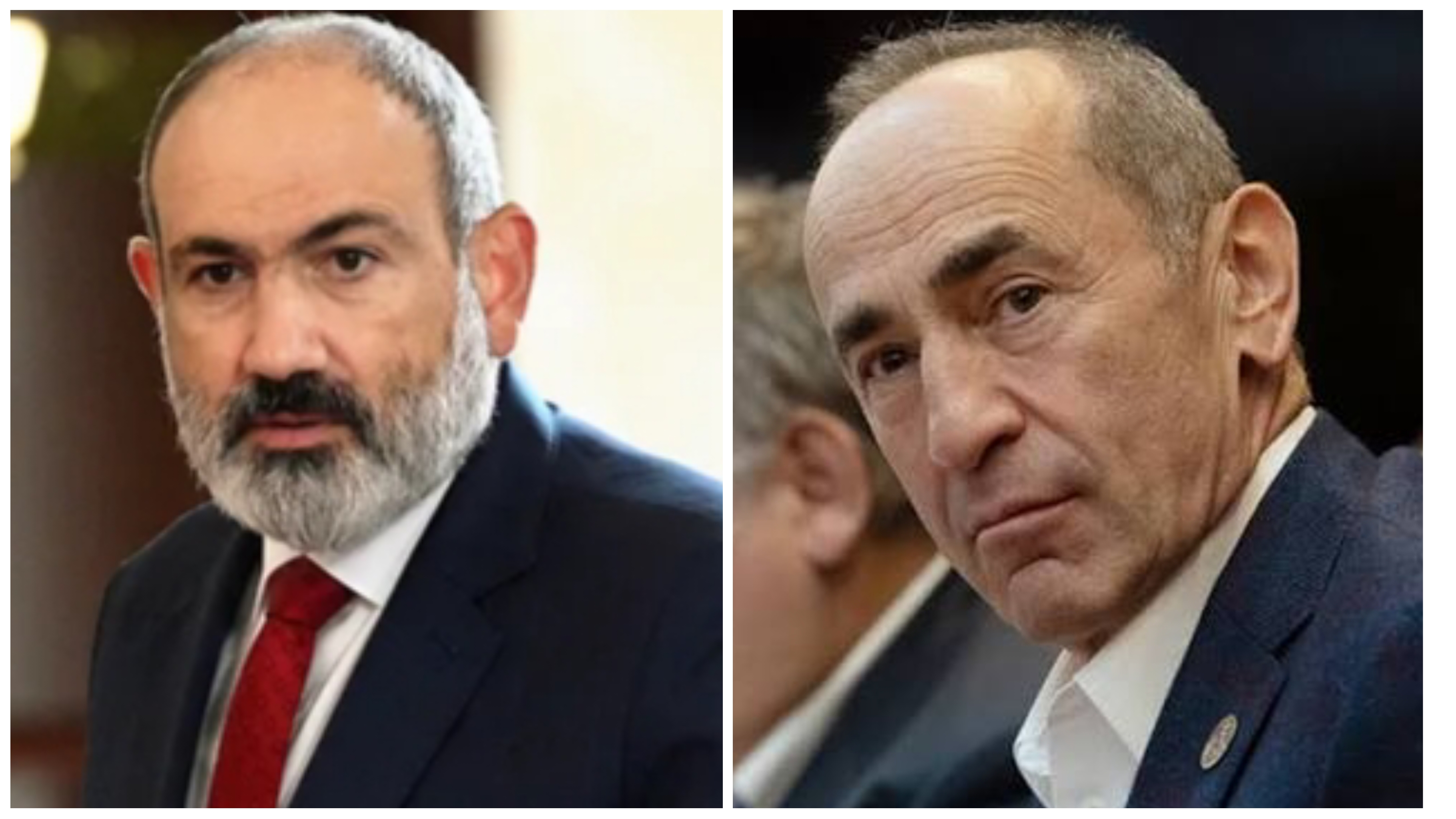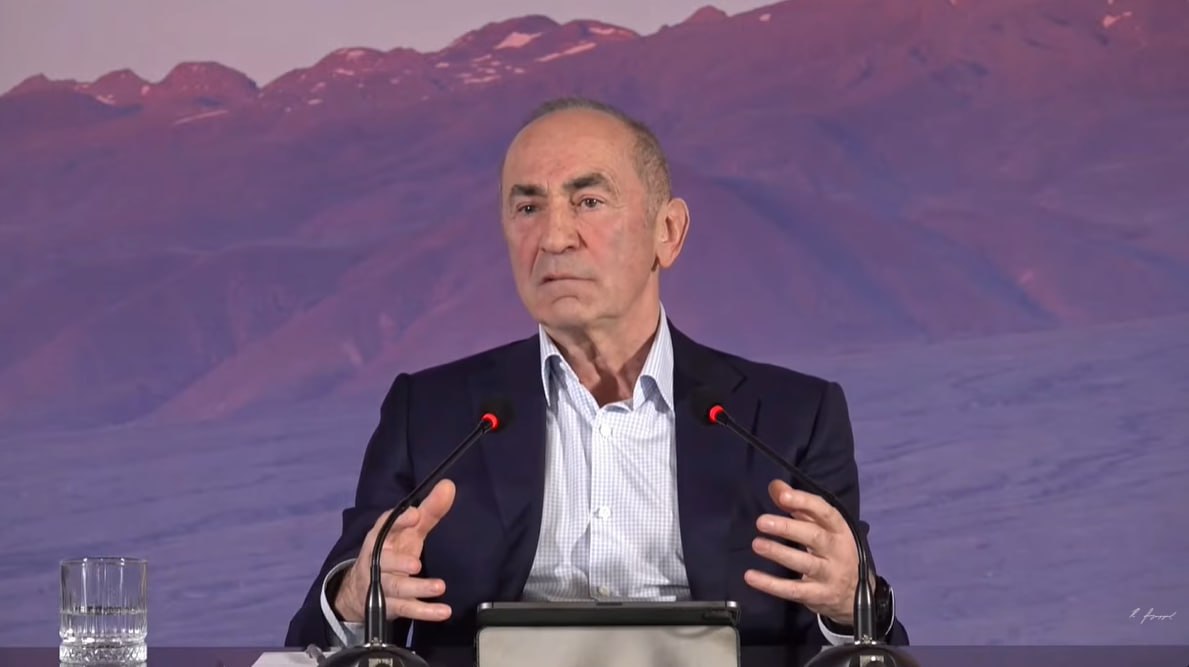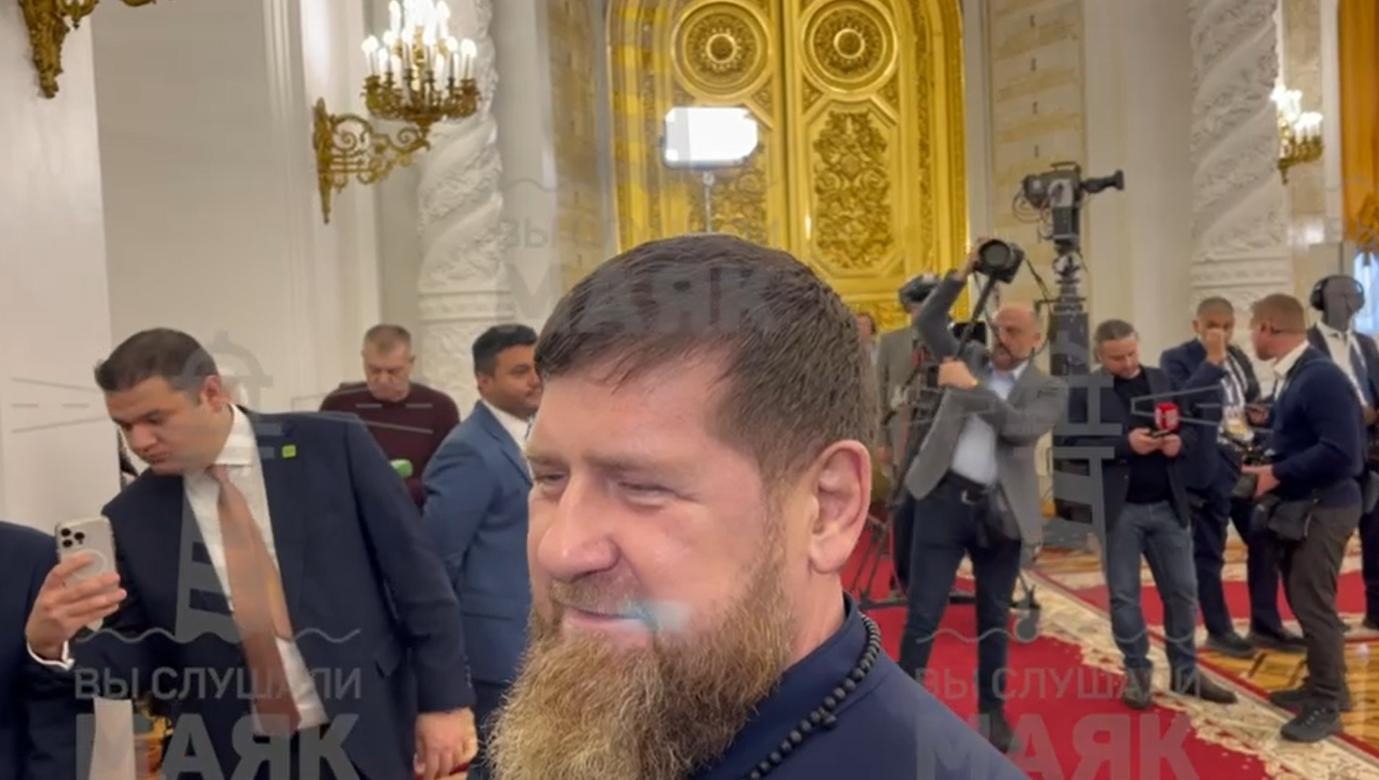A second administrative case has been opened in Chechnya in Russia for searching for "extremist materials" online. The case was registered by the Naursky District Court, and local resident Isa Magomadov is listed as the offender.
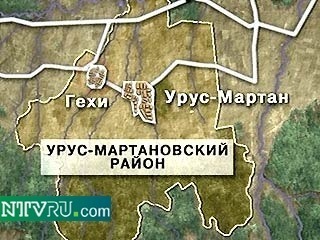
June 15, 2001
***
On the night of June 15, the former head of the administration of the village of Gekhi, Urus-Martan district, Said-Selim Vagayevich Aidamirov, and his wife Zura were killed. The crime was committed by unknown armed men in camouflage uniforms and masks. They broke into the house and, in front of four children, first shot their mother in cold blood, who was trying to call the neighbors for help, and then their father. 28 marks from bullet wounds were found on his body. On the fact of the murder of Said-Selim and Zura Aidamirov, the prosecutor's office of the Urus-Martan district opened a criminal case. But even earlier, on the morning of June 15, Gekhi was blocked by Russian troops. Local residents were told that a “cleansing” would be carried out. According to the official version, it was a response to a crime committed the night before.
To the eastern outskirts of the village, where a temporary filtration point had been set up in the immediate vicinity of the cemetery, the military began to bring the detainees. It was announced that all young males born between 1970 and 1988 inclusive must be fingerprinted. However, in the end, older people also had to go through it. The “cleansing” in Gekhi continued until the morning of June 18. During this time, hundreds of local residents were subjected to humiliating checks. 11 people were taken to the VOVD of the Urus-Martan district. Of the people who were taken away, six were soon released. The fate of the rest of the HRC "Memorial" is unknown. The grounds for detention, other than minor offenses (for example, lack of local registration), were the presence of a beard, sportswear, and even the storage in the yards of materials and products purchased for sale on the market. So, the military found large quantities of sugar, diesel fuel and other goods at the businessman Khas-Magomed Yusupov. According to local residents, because of this, he was detained.
During the "cleansing" the Russian military insulted people, engaged in robberies. Some of the young people, taken to the outskirts of the village ostensibly to be fingerprinted, were forced to strip naked and lie on the ground in the pouring rain.
According to local residents, only policemen from Bashkortostan had a correct attitude. At that time, they staffed the staff of the VOVD of the Urus-Martan district. During the “cleansing” of the village, an elderly native of the city of Urus-Martan Abdul-Muslim and a local resident Aslan Ozdamirov, 23-24 years old, the father of two young children, died.
The operation in Gekakh was led by the military commandant of the Urus-Martan district, a native of neighboring Dagestan Geydar Gadzhiev, who shortly before the events described was promoted to major general.
***
At 08.00, the Russian military cordoned off the school house in the village of Dyshne-Vedeno, Vedeno district, then drove into the yard in armored personnel carriers and made an attempt to detain Zhabir Pashaev, born in 1960, who lived there. But he, hiding in a barn, began to shoot back. After a while, he stopped firing, but the military continued firing for a very long time. Then they brought the wife of the owner of the house, Makku, born in 1961, and, hiding behind her, went into the barn. By this time, Zhabir Pashayev was dead.
The military tried to identify the dead man on the spot - they pointed their machine guns at the already frightened woman and began to ask questions. When asked if she knew the man, she said no, she didn't. She was knocked to the ground with a blow from the rifle butt in the chest. For a while she lost consciousness. Waking up, Makka Pashayeva witnessed how the military, holding the arm and leg, dragged the murdered husband out into the street. There they tried to throw him into the back of a KamAZ, but the car suddenly started moving and the body fell to the ground. The second attempt turned out to be more successful: having lifted into the back of a KamAZ, they took the victim towards the forest, where, according to local residents, the headquarters of some military unit is located.
A little later, four drunken local residents were detained in a park in the center of this village. They were also taken to the forest. According to residents of Dyshne-Vedeno, one of the Russian TV channels showed the corpse of Zhabir Pashaev dressed in camouflage. In the story, he was presented as a "field commander". The journalists called the men detained in the park “militants”, who were allegedly subordinate to him. Having filmed this story on videotape, the Russian military returned the corpse of the dead man to his relatives. On the same day he was buried.
Of the four detainees, two were released. Moreover, Saraliyev, who did not have one arm, was broken by the military and the other, and Muziev, when he was handed over to his relatives, was bleeding. The other detainees, Luluev and Akhyadov, could not be released.
***
Employees of law enforcement agencies in masks, who also spoke Chechen, took Said-Akhmed Abdulmudelovich Tsytsaev, born in 1981, Muslim Elmurzaev and Said-Magomed Kankhurkaev, from a cafe on Mayakovsky Street in Grozny to an unknown direction. Eyewitnesses of the incident claim that the detainees were forcibly put into white cars.
Relatives of the young people appealed to the prosecutor's office in Grozny and Urus-Martan, to the RF Internal Affairs Directorate for the Chechen Republic with a request to establish the whereabouts of the abducted and initiate a criminal case against the perpetrators. However, by the end of 2001, no official responses had been received from the listed authorities.
Accidentally, the journalist Alla Tuchkova brought some clarity to the fate of the abducted. Her article “In an old prison. Casemates of Butyrka are being repaired and can serve for a very long time,” published in Nezavisimaya Gazeta on January 19, 2002, accompanied by a photograph. On it, Abdulmudelin Mukhadinovich Tsytsaev recognized his son. On March 11 of the same year, he applied to Memorial Human Rights Center. At his request, a request was sent to the Prosecutor General's Office of the Russian Federation. Largely due to this, the prosecutor's office of Grozny opened criminal case No. 48130 on the fact of the abduction (Article 126, part 2 of the Criminal Code of the Russian Federation) of all three young people. However, this happened only in August 2002, i.e. one year and two months after the crime was committed.
The abductees were from Urus-Martan. Said-Akhmed Tsytsaev lived in this city at the address: Gastello street, 9. Said-Magomed Kankhurkaev was registered at house 14 on Gornaya street.
***
In the morning, Aina Zhalautdinovna Makhtayeva, born in 1959, who lived as a refugee in the village of Chiri-Yurt, Shali district, left for the city of Grozny to inspect her household. At 5.15 pm, in the vicinity of Minutka Square, she was wounded in her left leg as a result of a short firefight that took place between servicemen of two checkpoints. Aina Makhtayeva received medical assistance at City Hospital No. 9.
***
On the road to Devletgirin-Evla (the village of Tolstoy-Yurt) between the villages of Petropavlovskaya (Chech. - the village of Churt-Tog1i) and Goryacheistochnskaya of the Grozny region, a Ural car with an anti-aircraft gun in the back was fired from automatic weapons and grenade launchers. The car caught fire, killing two soldiers. Another died on the way to the hospital. Local residents claim that the fire was fired from an oncoming car, which was also carrying Russian soldiers.
At the time of the shelling, Ruslan Dakhaev, a resident of Petropavlovskaya, was grazing cows not far from the road. When the first shots rang out, he began to drive the cows away from the place of the shootout. Seeing that the military was running towards him, he decided to hide altogether, since he did not have identification documents with him. However, he was captured and severely beaten. According to the stories of local residents, the military tried to shoot the shepherd, but the militiamen who came to the rescue prevented lynching.
Nevertheless, Ruslan Dakhaev was charged with shooting at a car and then taken to the Grozny District VOVD. There he was beaten, not given water and food. The head of the administration of Art. Petropavlovskaya. The next day, the detainee's relatives reported the incident to Zara, an employee of the Dog Teshar (Heart's Hope) organization. Together with her, they turned to the temporary department.
At the police station, one of his officers, who introduced himself as a detective, stated that they had evidence of Ruslan Dakhaev's participation in the shelling of a military vehicle and that he was allegedly paid $100 for this. Further, he stated that his business trip to Chechnya was ending and he would write off “twenty cases” on Dakhaev, since there were many unsolved crimes.
After long negotiations, Dakhaev was released: his innocence was too obvious.
From the book "People Live Here", Usam Baisaev, Dmitry Grushkin, 2006
